Models Webinar Series
-
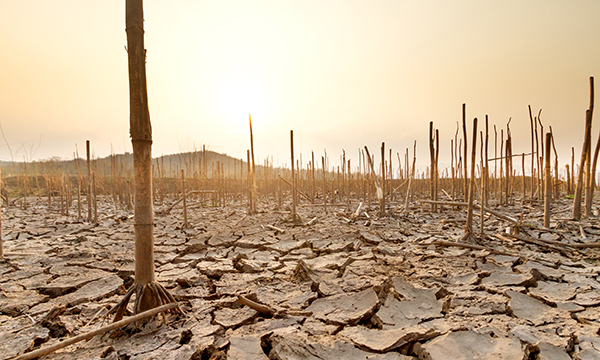
How vulnerable are economies to systemic risks? New approaches to assessing economic and climate-related shocks
This webinar showcases two innovative approaches to understanding how economic and climate-related risks affect national economies and vulnerable populations across developing regions. The first presentation introduces an economywide modeling approach to assess economic vulnerabilities. It examines how national economies and key population groups are exposed to shocks—such as global market fluctuations or disruptions in domestic…
-
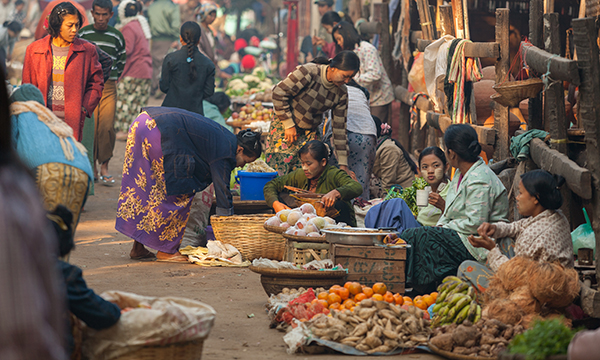
How Can We Improve Food Security Monitoring in Conflict-Affected Regions? Machine Learning for Spatially Granular Food Security Mapping
Machine learning is transforming agricultural and food security research, enabling more accurate and timely insights. The International Food Policy Research Institute (IFPRI) is advancing data-driven approaches in various domains, including crop-type mapping, maize yield estimation, and boat detection. These innovations demonstrate the potential of machine learning in addressing complex challenges and informing policy decisions. A…
-
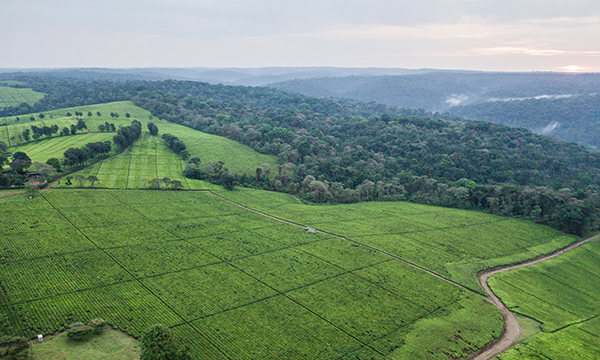
How can we improve global crop mapping? IFPRI’s Spatial Production Allocation Model (SPAM)
Accessibility to consistent, subnational, spatial information on crops globally will be hugely beneficial to researchers and policy makers. Researchers need this data to evaluate the benefits and costs of adopting new crop and livestock technologies, estimate the impact of climate change on agriculture calculate yield gaps, and analyze the historical evolution of farming systems. Policymakers,…
-
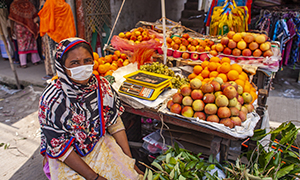
How should governments respond to crises? Rapid response using RIAPA modeling system
IFPRI’s foresight modeling systems cover food, land, and water systems across the world’s poorest and most food insecure geographies. Thanks to longstanding investments in these systems, IFPRI is uniquely positioned to provide rapid analysis of the impacts of global or domestic crises on agrifood systems, poverty, and food security at global, regional, national, or subnational…
-
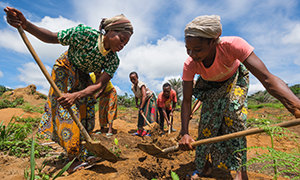
How does agricultural productivity growth affect agrifood system transformation goals? Exploring trade-offs using IMPACT
Agrifood systems are complex and changing, so it is critical to explore different potential futures to inform decisions today that can put the world on a better path for livelihoods, health, and the environment. In the coming decades, changes in population, income, and diets will put increasing pressure on agrifood systems to meet evolving food…
-
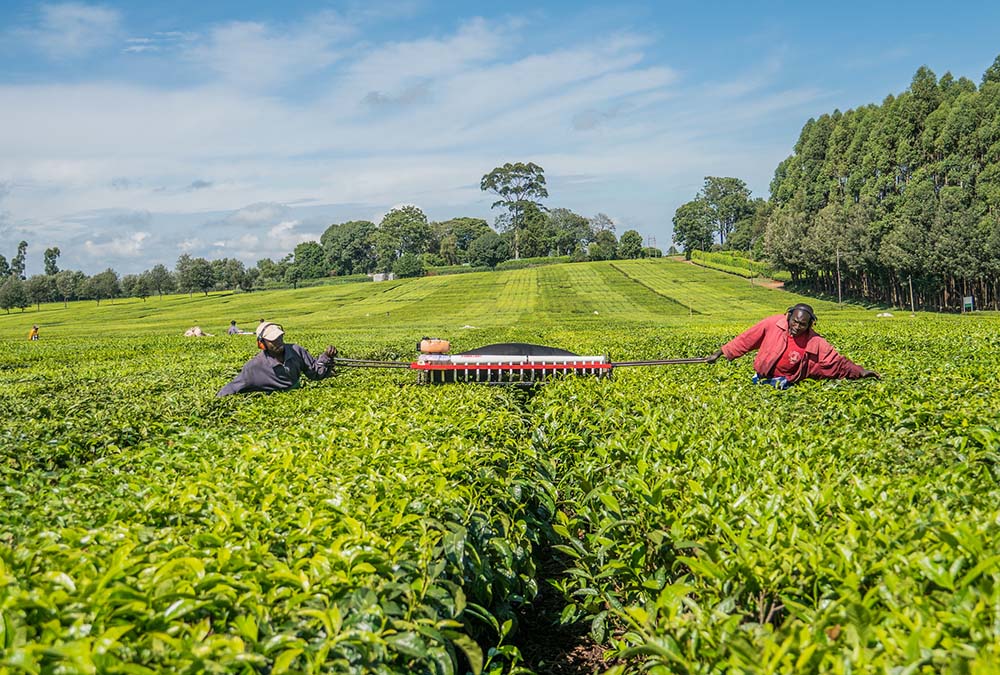
How do we prioritize agrifood system policies and investments? Insights from the RIAPA modeling system
Virtual Event: June 12, 2024 at 10:00am-11:00am EDT. In this webinar, we will demonstrate how RIAPA has been used to identify priority agricultural value chains that most effectively contribute to development outcomes.
-
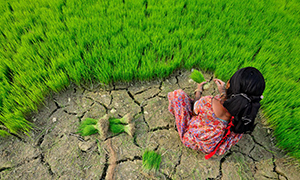
What does climate change mean for the future of agriculture? Insights from the IMPACT modeling system
Virtual Event: May 15, 2024 at 10:00am-11:00am EDT. This webinar, the first in the series, will focus on how IMPACT can be used to analyze how climate impacts on agrifood systems (and particularly crop productivity) may vary both across locations and over time in the coming decades, and how that can inform decisions about policies…
-
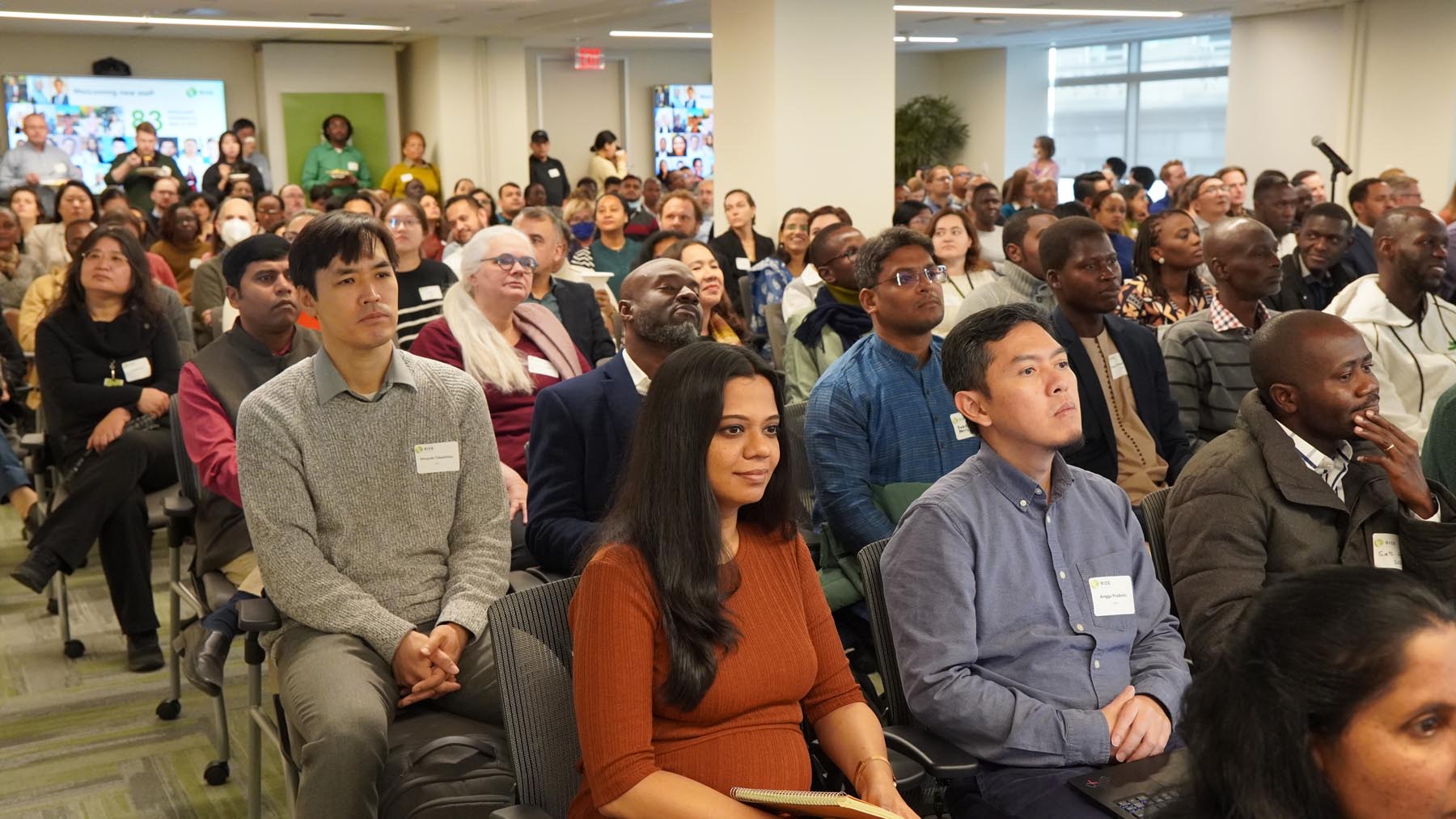
Our Events
Accessibility to consistent, subnational, spatial information on crops globally will be hugely beneficial to researchers and policy makers. Researchers need this data to evaluate the benefits and costs of adopting new crop and livestock technologies, estimate the impact of climate change on agriculture calculate yield gaps, and analyze the historical evolution of farming systems. Policymakers,…



